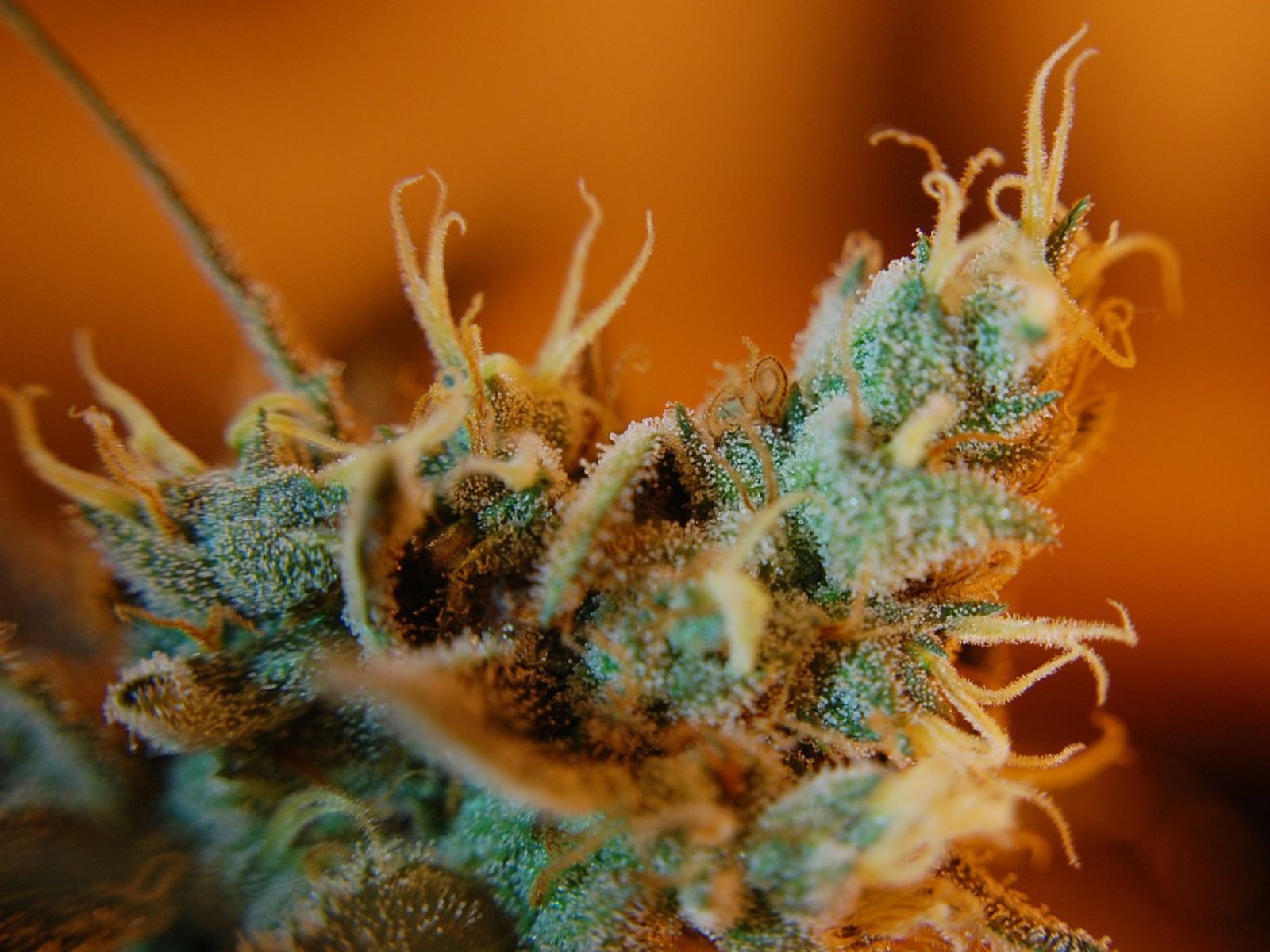Minnesota became the 23rd state to legalize cannabis for recreational use when lawmakers adopted an adult-use legalization measure in 2023. Minnesota’s adult-use cannabis legalization measure became effective on August 1st, 2023. Medical cannabis is also permitted in Minnesota.
Part of Minnesota’s legalization model involves the creation of a social equity category for industry licenses. Minnesota’s social equity program prioritizes business applications from Minnesotans who have been harmed by past cannabis prohibition policies.
According to a recent analysis by Minnesota Reformer, “between 30% and 40% of Minnesota adults could plausibly qualify as “social equity” applicants for cannabis business licenses.” The current criteria for Minnesota’s social equity program include:
- Lived for five years in a neighborhood where more than 20% of people are in poverty or on food stamps, or where the median income is less than 80% of the statewide or metro area
- Lived for five years in a neighborhood with high levels of social vulnerability as defined by the Centers for Disease Control
- Military veteran or member of the National Guard
- Convicted of a cannabis offense in the past, or had a close family member convicted of an offense
- Manages a small farm with less than $100,000 in annual sales
- Lived for five years in a neighborhood that has seen a “disproportionate” rate of prior cannabis enforcement, as determined in a forthcoming study by the Office of Cannabis Management
Recreational cannabis sales in Minnesota are expected to launch some time in 2025. Minnesota’s ancillary industry, including college courses dedicated to cannabis, is already growing in popularity.
For example, St. Cloud State University offers such courses, and according to initial reporting by KSTP, “more than 300 students have enrolled in its cannabis certificate program since it started last year, according to Green Flower, which developed the curriculum.”
There are five cannabis classes available at St. Cloud State University – cannabis healthcare and medicine, cannabis agriculture and horticulture, the business of cannabis, cannabis compliance and risk management, and cannabis product development and design.
“We just added the cannabis product development and design program, which teaches people basically the manufacturing, formulation and product development side of the industry,” said Max Simon, the CEO of Green Flower according to KSTP.
According to a market projection from last year, Minnesota’s legal cannabis sales are expected to reach $1.5 billion annually by 2029. That is up from a projected $550 million that is estimated to occur during the first year of legal recreational cannabis sales.
The United States adult-use cannabis industry has generated over $20 billion in total tax revenue since the first legal recreational cannabis purchase was made in Colorado on January 1st, 2014 according to a new report by the Marijuana Policy Project.
“Through the first quarter of 2024, states have reported a combined total of more than $20 billion in tax revenue from legal, adult-use cannabis sales. In 2023 alone, legalization states generated more than $4 billion in cannabis tax revenue from adult-use sales, which is the most revenue generated by cannabis sales in a single year.” the Marijuana Policy Project stated in a press release.
Total legal cannabis sales in the United States are expected to reach $31.4 billion in 2024 according to a recent analysis by Whitney Economics. Additionally, leading cannabis jobs platform Vangst, in conjunction with Whitney Economics, estimates that the legal cannabis industry now supports 440,445 full time-equivalent cannabis jobs in the United States.
Whitney Economics also projects the following legal cannabis sales figures in the United States for the coming years:
- 2024: $31.4 billion (9.1% growth from 2023)
- 2025: $35.2 billion (12.1% growth from 2024)
- 2030: $67.2 billion
- 2035: $87.0 billion
The emerging legal cannabis industry in the United States is projected to add roughly $112 billion to the nation’s economy in 2024 according to a newly released analysis by MJBiz Daily. The projection is part of the company’s 2024 MJBiz Factbook.
“The total U.S. economic impact generated by regulated marijuana sales could top $112.4 billion in 2024, about 12% more than last year,” MJBiz stated in its initial reporting.

